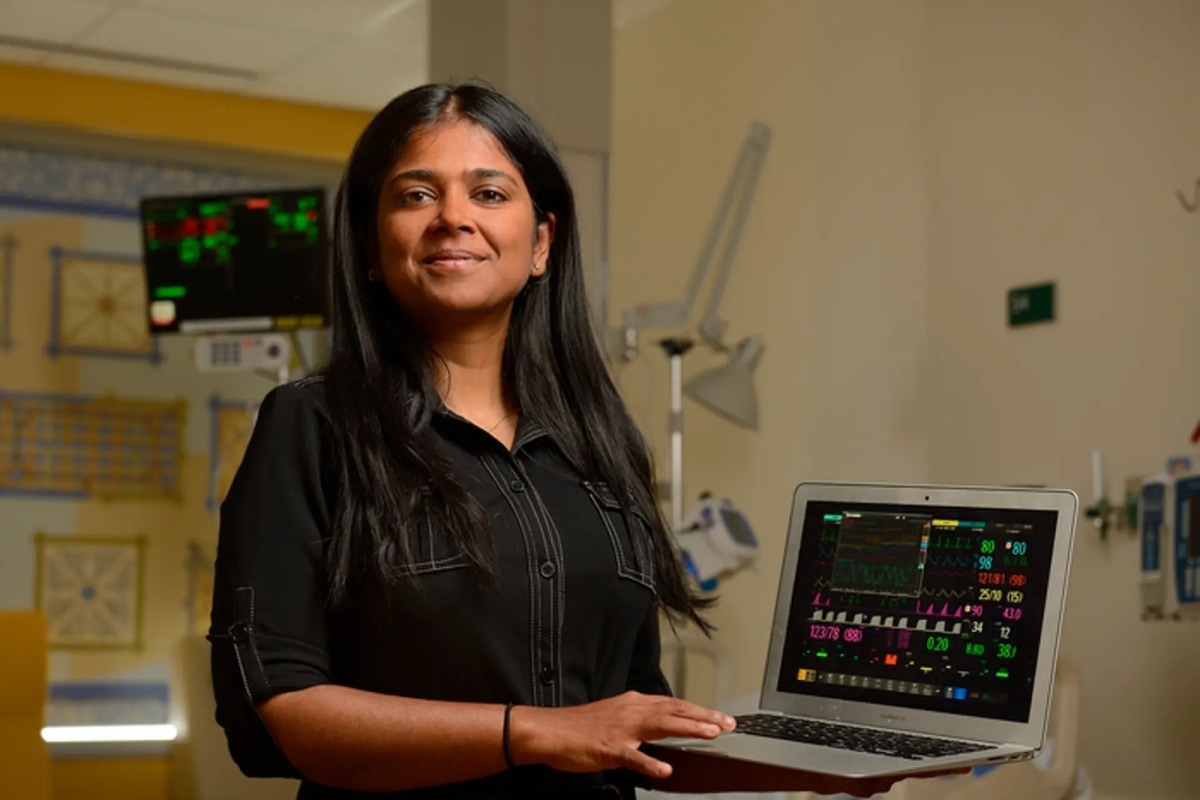
Sepsis, Serious and Deadly
August 16, 2022
Sepsis is serious:
“Sepsis is the body’s extreme response to an infection. It is a life-threatening medical emergency. Sepsis happens when an infection you already have triggers a chain reaction throughout your body. Infections that lead to sepsis most often start in the lung, urinary tract, skin, or gastrointestinal tract.” (CDC)
Sepsis is deadly:
In a typical year, “nearly 270,000 Americans die as a result of sepsis.” (CDC)
Interestingly, “[s]epsis or the infection causing sepsis, starts outside the hospital in nearly 87% of cases.” (CDC). Of this 87%, a nursing home resident was “seven-fold more likely to have a severe sepsis diagnosis compared to a non-nursing home residents.” (Ginde, Moss, Shapiro and Schwartz). The authors of the study finding the seven-fold disparity concluded that the“data [in this study] provide justification to develop and investigate targeted strategies to prevent and treat severe sepsis in older adults and nursing home residents.” (Ginde, Moss, Shapiro and Schwartz).
Although the incidence of sepsis is, relatively, lower in a hospital setting, Suchi Saria and other researchers at John Hopkins University developed an artificial intelligence tool to track and monitor patients during their hospital stay “to ensure no important, or potentially dangerous, medical details fall through the cracks.” (New Atlas). The result of the tool or system was earlier detection of sepsis by “on average[,] almost six hours earlier than traditional methods…” (New Atlas). “The result was significant reductions in morbidity, the length of hospital stay and, most importantly, a reduction in mortality of 18.2%.” (New Atlas)
No such program is known to be used in a nursing home setting at this time. As a result, if you have a loved one in a nursing home, who may be susceptible to infection, due to a wound, catheter issue, urinary tract infection, or other condition or complication, you may want to be on the lookout for the following signs and symptoms of sepsis (CDC):
High heart rate or low blood pressure
Confusion or disorientation
Fever, shivering or feeling very cold
Extreme pain or discomfort
Shortness of breath
Clammy or sweaty skin
Further, many nursing homes have been cited for infection control issues, “more than once.” (Washington Post). As a result, some nursing homes are not taking active measures to protect individual residents and are consciously disregarding their needs through their systemic failure to address infection control
If you feel your loved one was neglected by a nursing home or assisted living facility, including, but not limited to them experiencing septic shock or sepsis, please contact us for a free case evaluation. Please click here to access our “Free Case Evaluation” form, and we will be in touch with you within 24 hours of your case submission. Or, feel free to text us at (205) 651-5808 or call us at (205) 259-1678
Photo courtesy of:
New Atlas
https://newatlas.com/medical/bedside-ai-warning-system-sepsis-mortality-20/
Background courtesy of:
CDC
Ginde, Moss, Shapiro and Schwartz, “Impact of Older Age and Nursing Home Residence on Clinical Outcomes of U.S. Emergency Department Visits for Severe Sepsis.” J. Crit Care. 2013 Oct.; 28(5): 606-611.
https://www.ncbi.nlm.nih.gov/pmc/articles/PMC3770757/
New Atlas
https://newatlas.com/medical/bedside-ai-warning-system-sepsis-mortality-20/
Washington Post
https://www.washingtonpost.com/business/2020/04/17/nursing-home-coronavirus-deaths/
